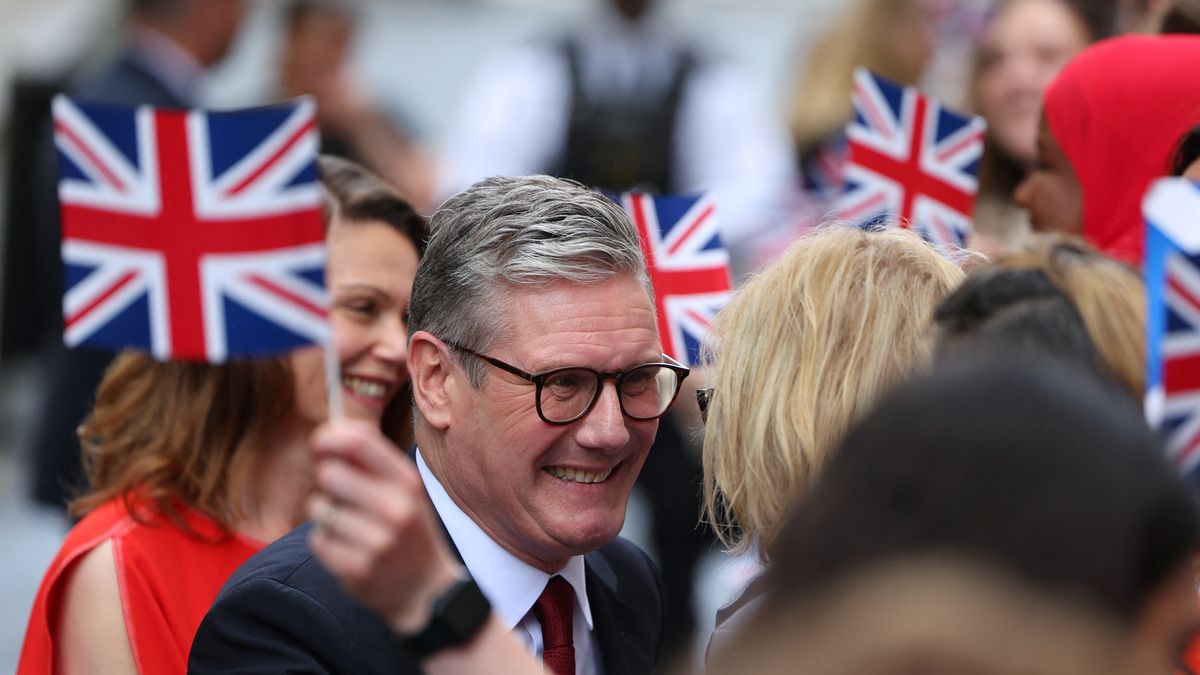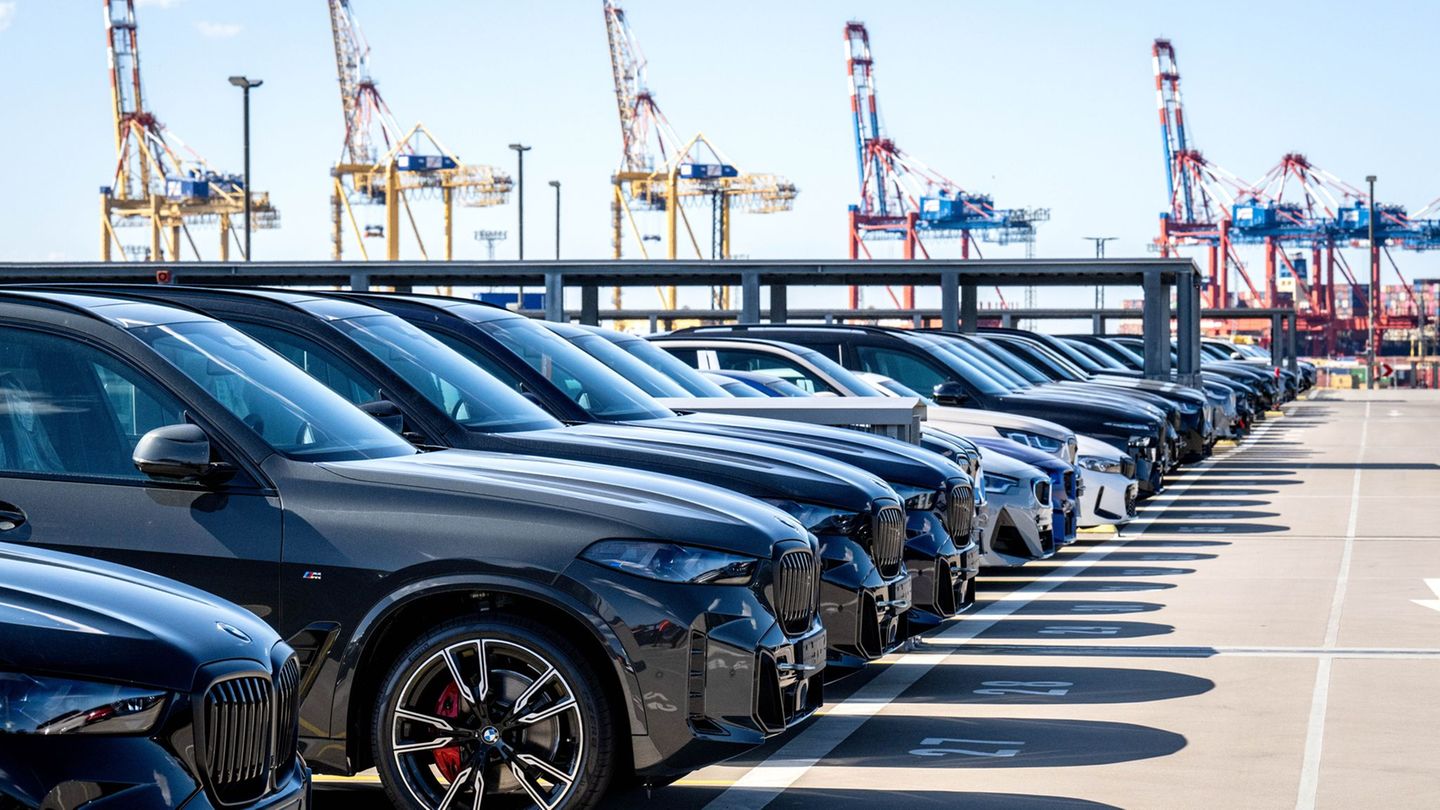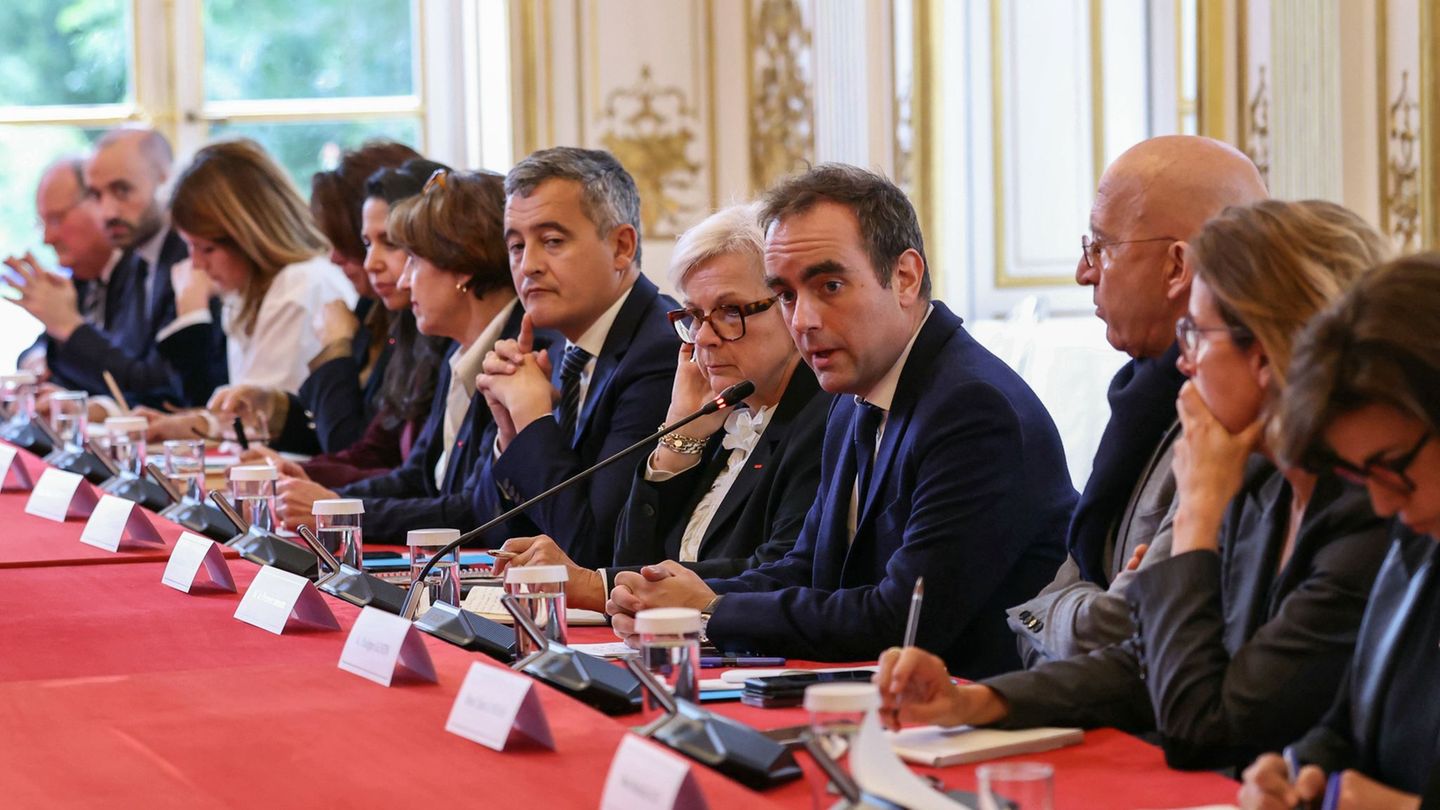“The main challenge is that the situation they will inherit [los laboristas] is quite poor”said Tom Smitha public affairs executive for the consulting firm Burson. He noted that the country’s economy is still recovering from the impacts of the Covid-19 pandemic, the war in Ukraine and the wave of inflation that arose from these circumstances. Year-on-year inflation reached 11.1% in October 2022, the highest rate in the last 40 years. While the index fell to 2% in May this year, it left a legacy of deteriorating purchasing power, according to Smith.
Keir Starmer.JPG
Starmer during his first speech to the British people.
Reuters
“Standards of care have been really, really low, especially compared to years past,” Smith said. “So the biggest challenge is not only fixing that, but getting the finances in a state where they can actually invest in those services,” she said. He also pointed to the prison system as another overburdened service.
It is not yet clear how the Labour government will pay for these investments. He will have to deal with a long-standing perception in British society that the party cannot be trusted on fiscal matters. This is a product, Smith says, of his policies of charging higher taxes and spending more on the social sector compared to his opponents from the conservative party.
In addition, Jeremy Corbyn, The left-wing Labour leader who preceded Starmer, “came out with some pretty outlandish economic claims on tax. For example, he promised to spend hundreds of billions on lots of projects, and that just wasn’t seen as economically sound,” Smith added.
Starmer declared during the campaign that he would not increase personal income tax or social security contributions. However, the party gave few details so as not to scare away votes, a strategy that leaves doubts about how they will implement their agenda.
“During the campaign, Labour was very risk averse”he claimed Nick Anstead, associate professor of political communication at the London School of Economics. “They sought to avoid any statements or incidents that could undermine their reputation or damage the party’s brand.” But he says Starmer has made it clear that his government will be pragmatic, not ideological.
Keir Starmer (1).JPG
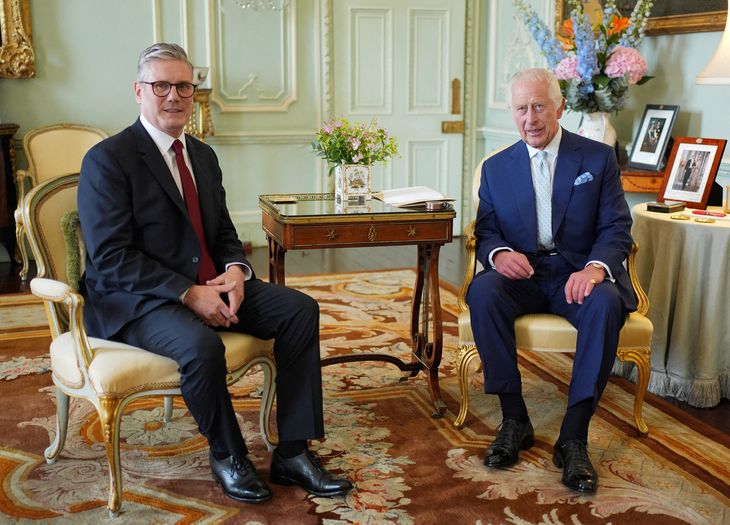
The new British Prime Minister has already met with King Charles III.
Reuters
Keir Starmer’s foreign policy and the relationship with Argentina
At a global level, no major changes are expected in terms of foreign policy, according to analysts consulted by Ambit“There will be no drastic changes,” he said. Chris Sabatini, Senior Fellow for Latin America at the British think tank, Chatham House. “Keir Starmer is clearly attached to the centre. He will continue to support Ukraine”he sentenced.
The new British chancellor, David Lammyis the son of two Guyanese immigrants, so he might want to increase relations with Latin America, according to Sabatini.
“There could be greater affinity with Lula’s government on environmental and political issues,” he said, adding: “I expect much more progress and a government focused on issues that promote investment in Latin America and social policy.”
In addition, sHe noted that there could be more dialogue on the rights of local communities with respect to mining, not only with respect to lithium in Argentina, but also in Chile and Peru.
Taking into account the importance that the administration places on Javier Milei in investments in lithium, Vaca Muerta, offshore oil, and other natural resources, Sabatini believes that this could lead to productive exchanges between Argentina and the United Kingdom.
“The Keir Starmer government will have a much greater say in improving community relations linked to mining, because many of those companies are British,” he said.
However, He said it was unlikely that the new government would engage in new debates regarding the sovereignty of the Falkland Islands, considering that issue to be “resolved.” “It is a state policy.”he added.
Keir Starmer (2).JPG
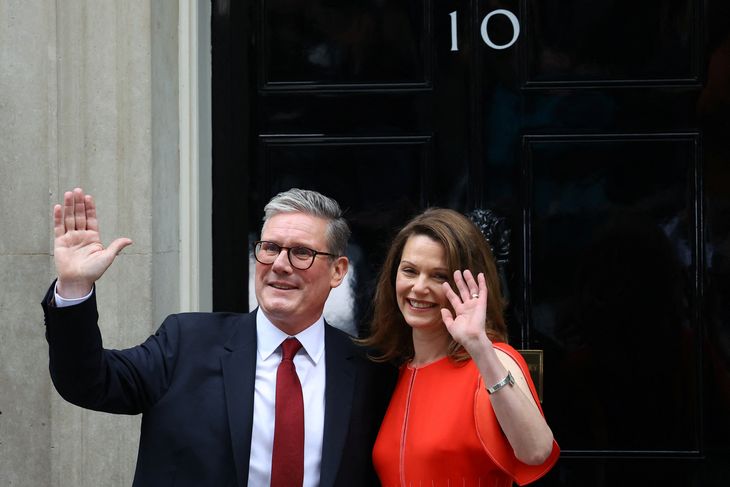
Keir Starmer and his wife Victoria have already arrived at 10 Downing Street.
Reuters
Brexit
The priority issue on Starmer’s international agenda will be the relationship between the United Kingdom and the European Union.
In 2016, the British population voted in a referendum to leave the EU, leaving the Conservative prime minister stunned. David Cameron. The output is known as “Brexit”a mixture of words Britain (Brittany) and exit (exit). The leader called a plebiscite to appease the demands of the far right, confident that the British would vote to stay. After learning the results, he resigned. His replacement, Theresa Mayalso resigned over the Brexit issue, when he failed to secure parliamentary support for the deal he negotiated with the EU.
The country finally left the European bloc in January 2020, under the leadership of Boris Johnson.However, it remains a hot topic: it pits national sovereignty against cosmopolitanism, and the debate is riddled with accusations of racism and xenophobia.
Now, Starmer will have to strike a careful balance between a pro-Europe Labour party and a population that includes both Europhiles and Europhobes – a division that does not always run along party lines. A pro-Europe policy could endanger some constituencies where Labour won a slim majority, and where anti-Europe sentiments prevail.
For Anstead, Starmer will be open to some relations with Europe, but issues that could involve European oversight of British policies, such as participation in the single market and immigration control, will constitute “red lines”. He also noted that a second term for Donald Trump could encourage the UK to move closer to Europe.
Meanwhile, for businesses, the process of doing business with Europe has become much more complex. “It’s been really quite disastrous economically,” Smith said. “It hasn’t really helped. But Labour can’t say that, because if they talk about Brexit, they’re going to lose the argument, because it’s a contentious issue.”
Amy Booth is managing editor at the Buenos Aires Herald
Source: Ambito

